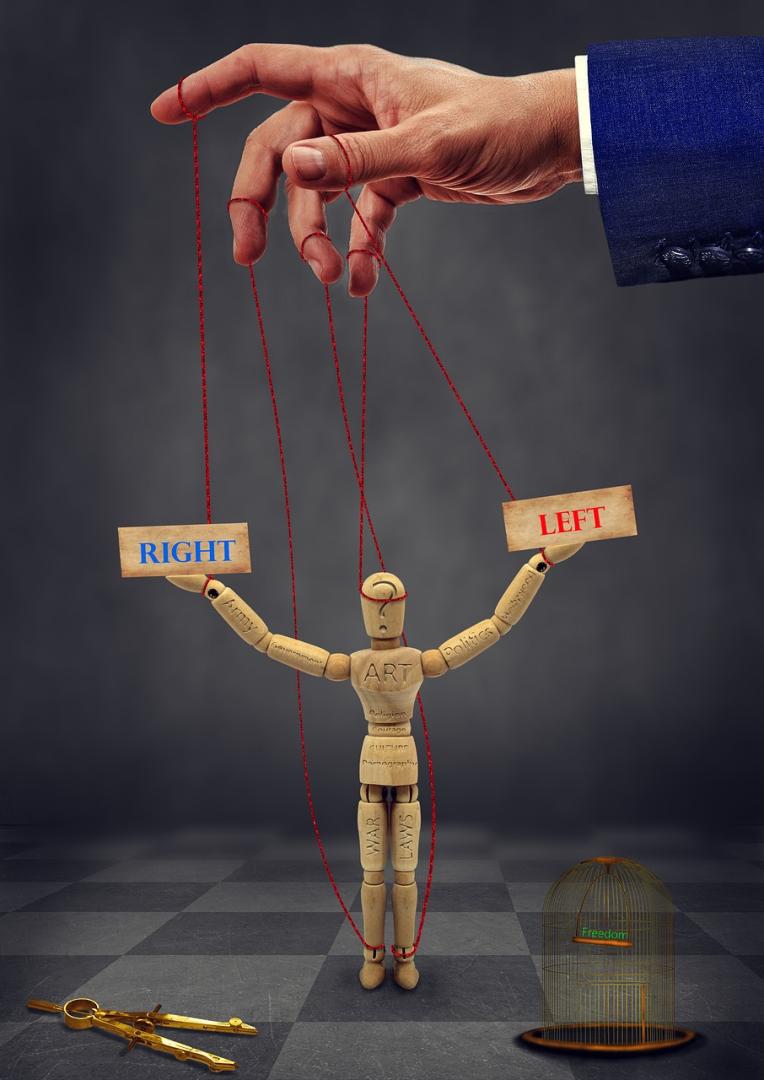Loneliness is one of the most profound challenges of our modern society. While it may seem like an individual problem, loneliness is increasingly being recognized as a widespread issue with deep societal roots. From the erosion of community bonds to the decline of shared cultural practices, many factors contribute to the rising sense of isolation that people experience today. But understanding why loneliness has become so pervasive—and how we can fight it—is essential for improving our mental and physical well-being.
The Breakdown of Community and Connection
There has been a rapid transformation in our environment over the last several decades. Many people now live in highly transient communities, where jobs change frequently, people don’t put down roots, and families are often spread out across great distances. Neighbors don’t know each other as they once did, and social interactions that were once commonplace—like chatting on the porch, shopping at the local grocery store, or gathering in community spaces—are now rarities. This breakdown of communal life has left many feeling increasingly disconnected.
It’s easy to overlook the impact of this disconnection, especially when it’s happening quietly, one small shift at a time. I personally felt the absence of this community when our neighbors across the street moved away, and no one really said goodbye. It made me realize how much we take these everyday human interactions for granted, and how much we miss when they are lost.
Loneliness and Health: A Dangerous Connection
Loneliness isn’t just an emotional issue—it’s a health crisis. In fact, social isolation is now understood to be a risk factor for early death, with research showing that its impact on health is comparable to other known risk factors like high blood pressure, obesity, lack of exercise, or smoking. Dr. Julianne Holt-Lunstad, a professor of psychology at Brigham Young University, has done significant research on the effects of loneliness and isolation. She found that people with stronger social connections have a 50% lower risk of early death.
Loneliness is a basic human need, just like food and water. Our brains are wired for connection, and when we’re deprived of social interaction, it shows up in our physical health. Research indicates that social isolation can alter neural pathways in the brain, leading to stress, weakened immune function, and even cardiovascular issues. It’s as though loneliness is like drinking unclean water—its negative effects seep into our body systems, making us more susceptible to disease.
The Hidden Costs of Loneliness
Loneliness can also manifest in poor lifestyle choices. Lonely individuals are more likely to drink excessively, get less exercise, and make unhealthy dietary choices. Their sleep tends to be less restful, and they often report more daytime fatigue. Over time, loneliness disrupts cellular processes, accelerating the aging process and increasing the risk of chronic diseases.
But loneliness isn’t necessarily about being physically alone. It’s about how we perceive our solitude. People who feel socially isolated may experience increased hostility or impaired judgment. For others, loneliness can trigger depression or a sense of hopelessness. Interestingly, even in an age where social media connects us with others virtually, these digital interactions don’t fulfill the same deep need for human connection that face-to-face encounters do.
Fighting Loneliness: Practical Steps to Reconnect
So, what can we do to combat loneliness? Here are some strategies that can help foster connection and reduce isolation:
- Join a Club or Group
Find a group that shares your interests—whether it’s a hobby, a fitness class, or a volunteer organization. Being around like-minded individuals provides opportunities for meaningful connections. - Push to Make New Friends
Sometimes, making friends requires effort. Push yourself to start conversations, reach out to people, and invite others into your life. Friendship often begins with a simple “hello.” - Exercise with a Partner
Physical activity is not only good for your body, but exercising with a friend or partner can help reduce feelings of loneliness. It’s a great way to bond while improving your health. - Volunteer
Volunteering can have a profound impact on your sense of meaning and purpose in life. Helping others also fosters a sense of gratitude, which can alleviate feelings of loneliness. Additionally, volunteering connects you with others who share your commitment to service. - Get a Pet
Pets, especially dogs and cats, offer companionship and unconditional love. Walking a dog or simply caring for a pet can foster social interactions with others, making you feel more connected. Pet ownership has been shown to reduce stress and bring joy to people’s lives.
Finding Hope in Faith
For those struggling with loneliness, faith can offer powerful solace. In the Bible, God promises to never leave us or forsake us. As it says in Deuteronomy 31:6, “Be strong and courageous. Do not be afraid or terrified because of them, for the Lord your God goes with you; he will never leave you nor forsake you.” Even in moments of deep loneliness, we are never truly alone.
The psalmist in Psalm 27:10 acknowledges the pain of abandonment: “Though my father and mother forsake me, the LORD will receive me.” He knows that God understands our loneliness, as reflected in Psalm 25:16: “Turn to me and be gracious to me, for I am lonely and afflicted.” Jesus also knew the agony of loneliness, especially in the midst of his suffering on the cross. As Hebrews 4:15 reminds us, Jesus sympathizes with our weaknesses and understands the feeling of abandonment.
If you are struggling with loneliness and depression, don’t hesitate to reach out for help. Consider finding a Christian counselor or a therapist trained in approaches like cognitive behavioral therapy (CBT). Therapy can help you reshape your thinking and take action to break free from the cycle of loneliness.
Reclaim Connection
Loneliness is a serious issue that affects many aspects of our lives. But it doesn’t have to define our existence. By being proactive in seeking connection—whether through building stronger relationships, engaging in activities, or finding comfort in faith—we can push back against loneliness and reclaim our sense of belonging. And remember, no matter how isolated you may feel, you are never truly alone.



